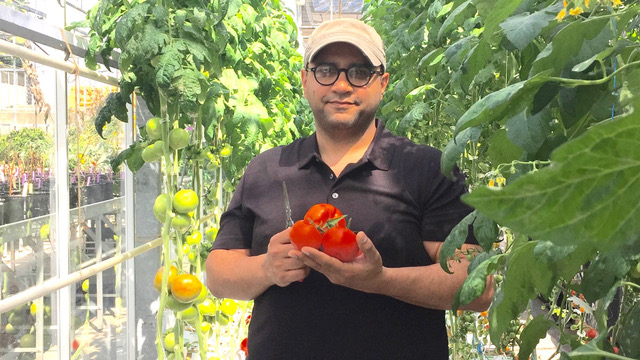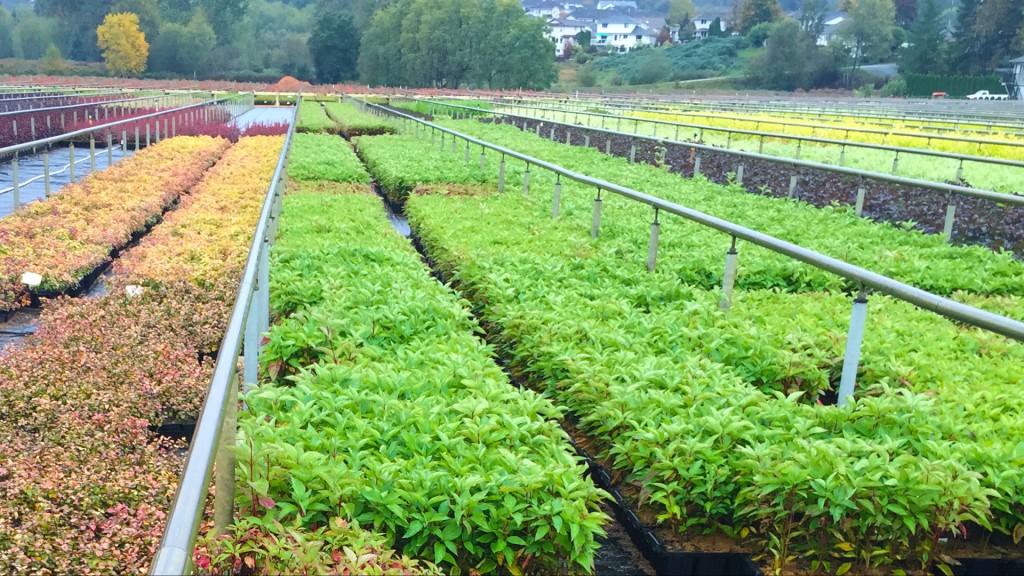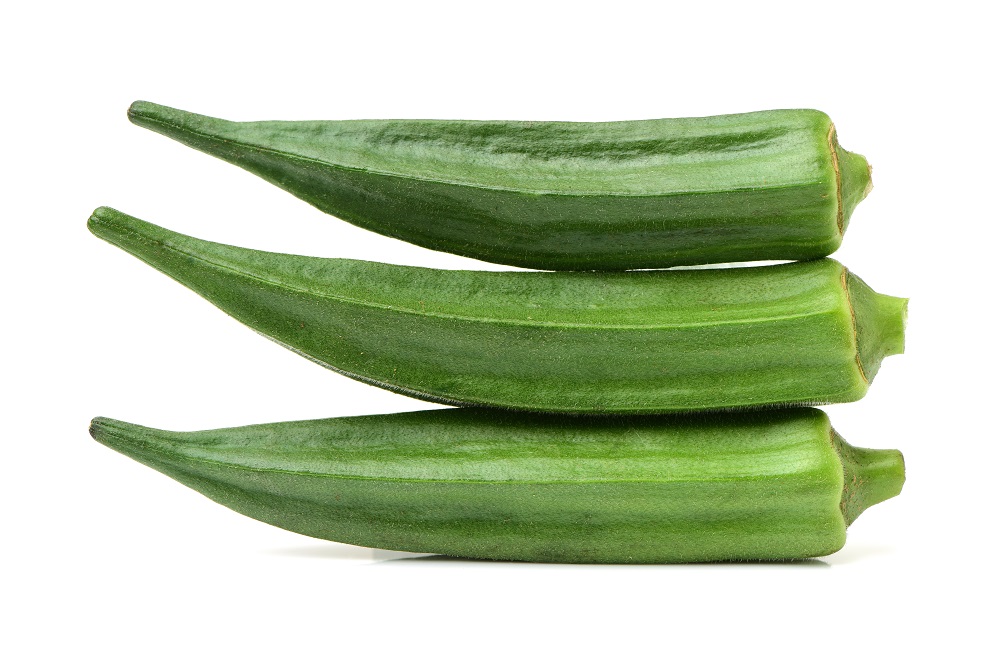
Dr. Saber Miresmailli is the Founder and CEO of Ecoation Innovative Solutions Inc. (Ecoation), located in North Vancouver, BC. Dr. Miresmailli’s patent-pending technology predicts crop health before signs of pests, disease or deficiencies are visible to growers.
Plants change their appearance throughout the day and give off physiological signals that indicate stress when attacked by a pest or disease. Ecoation’s automated plant monitoring robot can non-evasively measure physiological changes on the surface and inside plants and tie the signals to a specific kind of stress. It provides the earliest detection of pests, diseases and deficiencies. Growers can then target IPM treatment to the smallest area: one plant or one post before damage spreads.
After studying plant protection, then pursuing his master’s degree in insect toxicology, Dr. Miresmailli shifted to plant science and chemical ecology, studying plant signals and behavior. He continued his post-doctoral studies in Illinois and has been involved in this field over the past 10 years.
A cloud-based, artificial intelligence platform is the only approach Dr. Miresmailli believes will accurately address the complexities of growing.
“We are providing crop intelligence and solutions to greenhouse management,” he says. “We would like to have a global repository of crop stressors that enables early detection for all growers.”
“Single data variable approaches, whether through photos or a vegetation index, are not effective at predicting crop stresses in early stages,” states Dr. Miresmailli. “They don’t address the tremendous variability of the data from high value crops. Our system can predict what it has been taught. The data repository has information on dozens of pests, diseases and deficiencies, and it can learn. If the system runs into a stressed plant, but the cause is unknown—as in a new pest—we will go out and examine the location of the unhealthy plant and determine the cause. And then we will gather new data samples and, once the system has been taught what the new pest or disease is, it will recognize it in the future.”
Dr. Miresmailli describes one obstacle he faced when he started working on his concept 10 years ago. “No one knew about cloud computing. But now everyone can relate, and the timing is perfect right now because growers in BC are very proactive and involved with new technology and are keen to adopt new tools that will help them grow. We believe we are in the best place to introduce this technology in BC, and then to Canada, and then the world.”
Brian Kahnert joined Ecoation as Chief Revenue Officer in 2017, and is equally passionate about sharing Ecoation’s technology with farmers.
“Mounted to a greenhouse cart, Ecoation’s automated scouting unit moves up and down the rows in a greenhouse, collecting plant signals samples from every post. We are in discussions with manufacturers of these carts to provide a unit that can be programmed to work by itself with minimal input from the growers—except for checking the greenhouse map.”
Ecoation’s commercial system was installed in a BC greenhouse in June to begin its final field trials before it goes out to their first paying customers. This is the latest in a series of field trials spanning the past three years.\

Kahnert says, “It is applicable to all high value crops and has been tested inside as well as outside. But our first market is vegetable and floral greenhouses as that is where we have developed mobility systems first that enable plant signals data capture. New field trials with other Canadian growers will begin in July.”
Kahnert and Dr. Miresmailli would like to eventually work with high value crops like grapes and berries, but for now they are focused on greenhouse customers.
The technology’s huge economic benefits are apparent, but Kahnert looks forward to testing the business case in the field, and finding out exactly how financially beneficial the system will be for growers. Kahnert points out some of the key benefits of the Ecoation system:
- Growers see their entire greenhouse at once, which is significant for operations with over 10 acres or 100,000 plants. Instead of physically scouting a row at a time, the system provides a map which shows the state of the entire greenhouse every 5 days, allowing growers to strategically place staff or apply management. Scouting and IPM Labour costs can be possibly cut in half using this system.
- Early detection means containment of pests and diseases and limiting economic damage. When they implement an IPM solution, growers get rapid proof that the solution is working. Instead of waiting weeks to determine solution efficacy, we can show them a change in days.
- On average in British Columbia, pests cost growers $7/m2/year. We want to help growers get back as much of this loss as possible. We want growers to be able to grow more crops at lower cost.
“Growers are encouraged to contact us if they are interested in field testing the system,” says Kahnert. “We believe in try before you buy,” he adds. “Once satisfied with results, the grower can subscribe to the service.”
Currently, Ecoation has the hardware and system to be able to handle 10 growers in Canada, but by the summer of 2018, Dr. Miresmailli and Kahnert expect to handle dozens of growers, and by 2019, hundreds.
“We want to talk to growers who are interested in seeing a new approach to IPM and growing, and adopt our system to address issues at the earliest stages,” says Dr. Miresmailli.
Ecoation was one of the winners of the 2016 Ag-Tech Innovation Challenge in Kelowna, BC, and presented their system at the BC Tech Expo in 2017 where they also won an agriculture innovation award. More information can be found on the Ecoation website: www.ecoation.com, including videos of the automated crop scouting system in action.












